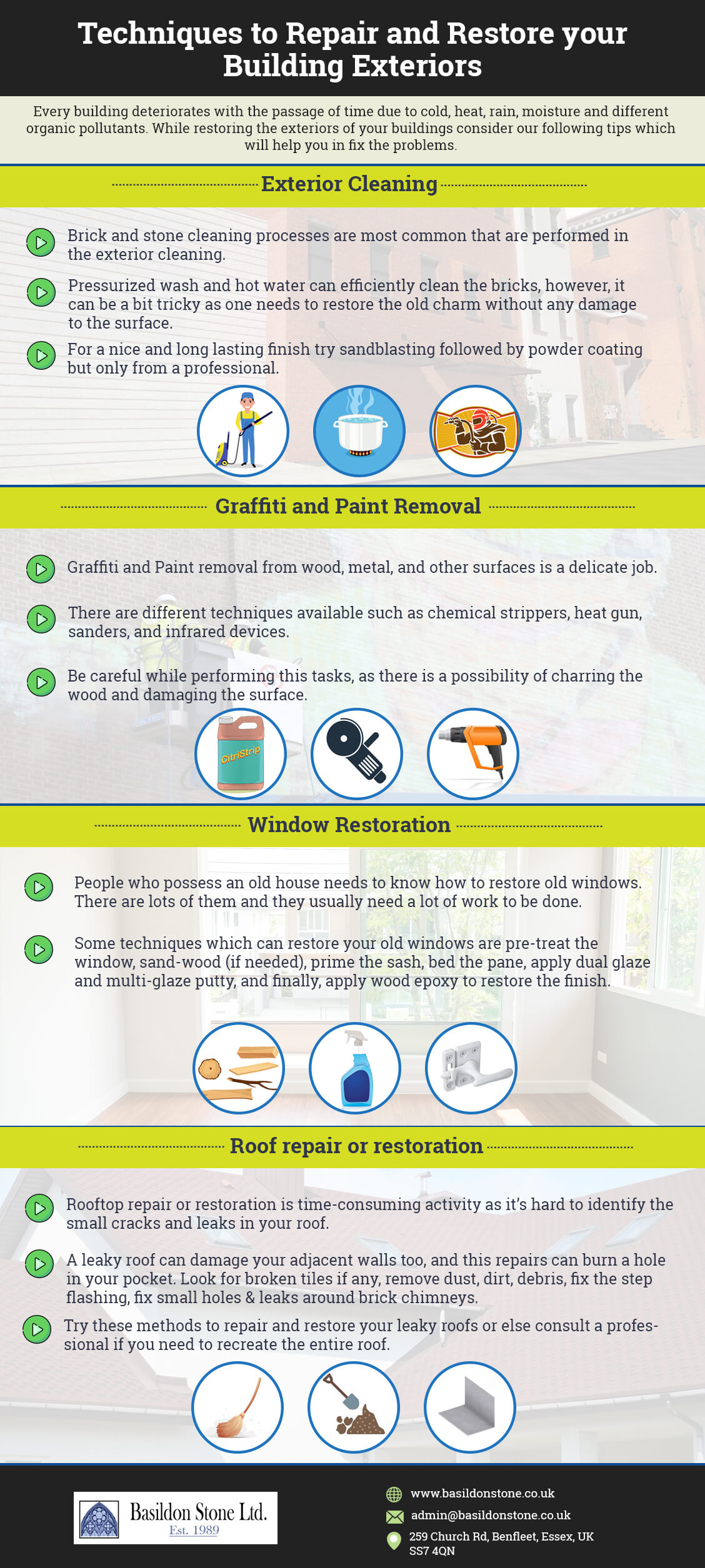Discover The Vital Differences In Between Pressure Cleaning And Standard Cleaning Approaches-- Will One Absolutely Outperform The Various Other In Performance?
Discover The Vital Differences In Between Pressure Cleaning And Standard Cleaning Approaches-- Will One Absolutely Outperform The Various Other In Performance?
Blog Article
Produced By-Lillelund Odom
Did you understand that pressure cleaning can clean up surface areas approximately 50 times faster than standard methods? While this fast performance is appealing, it raises questions about when it's absolutely the far better selection. You might find that standard cleansing offers benefits in precision and take care of delicate surfaces, yet is it enough to match the results of pressure washing? Recognizing the subtleties between these two techniques could considerably impact your cleaning technique. Which strategy eventually offers you the most effective value and results for your specific needs?
Introduction of Cleaning Techniques
When picking a cleaning method, comprehending the distinctions between pressure washing and standard cleansing techniques is vital.
Stress washing uses high-pressure water jets to get rid of dust, crud, and stains from surface areas like driveways, decks, and house siding. This approach is efficient, specifically for challenging, persistent stains that could stand up to standard cleansing.
On the other hand, traditional cleaning typically involves rubbing surface areas with brushes, mops, or cloths, usually combined with cleaning agents or soaps. It's a much more hands-on technique, counting on exertion and time to achieve tidiness.
Traditional techniques can be efficient, but they may not address deeply deep-rooted dust or huge areas as promptly as stress washing can.
In addition, you require to take into consideration the surface areas you're cleansing. While stress cleaning is fantastic for long lasting surface areas, it may harm softer materials or delicate locations if not done carefully.
Standard cleaning techniques tend to be safer for numerous surface areas however could call for even more effort and time.
Ultimately, your choice depends on the cleansing job at hand, the sort of surface, and your preferred outcome. By recognizing https://janitorial-cleaning31985.blogofchange.com/32680984/change-your-home-the-importance-of-normal-roofing-system-cleaning-for-building-worth-and-security , you can make an enlightened decision that meets your cleansing requires.
Conveniences of Stress Laundering
Pressure cleaning offers a number of advantages that make it a preferred option for several cleaning tasks. Primarily, it conserves you time. With high-pressure water streams, you can clean large areas in a fraction of the moment it would certainly take with standard approaches. This efficiency enables you to take on jobs like driveways, decks, and exterior siding swiftly.
You'll additionally find that pressure washing is very reliable in removing persistent dust, crud, mold and mildew, and mildew. The force of the water passes through surfaces, lifting away contaminants that might be challenging to get rid of with a brush or cloth. This not just boosts the look of your residential or commercial property yet additionally aids preserve its value with time.
Another substantial advantage is the eco-friendliness of pressure washing. It usually needs fewer chemicals than conventional cleaning techniques, counting primarily on water to do the task. This means you're minimizing your chemical footprint while still accomplishing superb outcomes.
Finally, pressure washing enhances safety by eliminating unsafe mold and algae on surface areas. By keeping your sidewalks and driveways clean, you're reducing the risk of accidents, making your home a safer area for you and your visitors.
Benefits of Typical Cleansing
Traditional cleaning methods have their very own set of benefits that make them appealing for sure jobs. https://factorycleaningcompany44321.ttblogs.com/11729426/seeing-persistent-spots-on-your-vinyl-fencing-discover-crucial-cleansing-tips-that-can-rejuvenate-your-outside-visual-and-prolong-its-life-expectancy of the crucial advantages is the control you have more than the cleaning process. You can customize the strategy and products to fit the certain surface area or product, guaranteeing you don't harm anything delicate. Find Out More is particularly crucial when taking care of vintages or sensitive materials.
Additionally, conventional cleaning typically uses much less water than stress cleaning, making it a more eco-friendly alternative. You're additionally less likely to disrupt bordering locations or develop runoff that could influence your landscape design.
Expense is another variable to think about. Traditional cleansing approaches typically need less ahead of time investments in devices contrasted to press cleaning equipments, which can be expensive. Plus, you can often discover cleansing supplies at any local shop, making them easily accessible and convenient.
Lastly, https://hospital-cleaners-company86531.worldblogged.com/38095704/transform-your-stress-cleaning-abilities-with-crucial-tips-and-tricks-that-will-leave-surfaces-clean-yet-beware-of-typical-challenges-that-can-destroy-your-efforts -on strategy of traditional cleaning enables you to link extra with your room. You can pay attention to detail and notice areas that may require additional care. In a lot of cases, this thoroughness leads to a deeper tidy, ensuring you preserve your home or work area properly.
Final thought
In picking between stress cleaning and typical cleaning, it's clear that each technique has its toughness. Did you recognize that pressure washing can get rid of 99% of mold and mildew and mildew from surfaces, making it incredibly efficient for outside locations? Nevertheless, for delicate things, conventional cleansing is your best bet, giving precision and safety with much less water use. Ultimately, it has to do with matching the cleaning method to the task available for the best outcomes.
